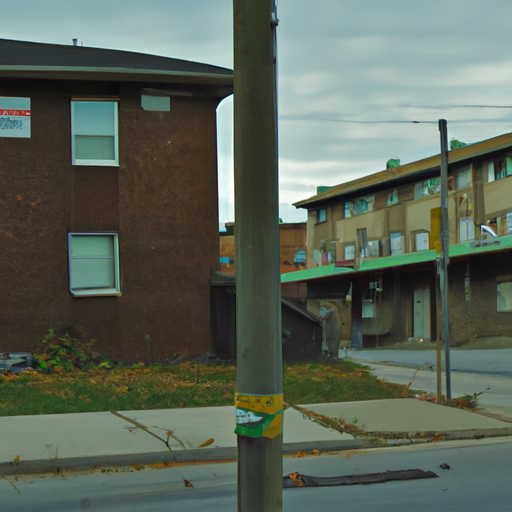Unmasking the Canadian Opioid Crisis: The NY Doctor Scheme & Its Implications on the Ground
The recent case of a New York doctor and his wife being charged in relation with a fraudulent opioid prescription scheme casts an uncomfortable spotlight on the broader opioid crisis currently plaguing Canada. It underscores how unscrupulous practices in the healthcare sector can exacerbate adverse social impacts, highlighting the urgent need for stringent checks and balances within our medical system.
The Opioid Crisis in Canada
Strikingly, the opioid crisis has been declared a public health emergency in Canada. The misuse of opioids has left a trail of destruction across various sectors of Canadian society, particularly in Ontario, causing a significant surge in drug-related deaths, crime, homelessness, and putting a strain on public resources. The harrowing fact that opioid overdose resulted in the deaths of almost 4000 Canadians in 2017 alone should prompt a swift and decisive response.
The Impact of the Opioid Crisis
One of the starkest consequences of the opioid crisis is the rise in homelessness and crime rates. As those grappling with addiction struggle to maintain employment and housing, homelessness becomes a reality for these individuals. Furthermore, the need to finance drug habits fuels a surge in criminal activities, disrupting the peace and stability of communities.
Efforts to Combat the Opioid Crisis
Despite the grim picture, there are concerted efforts to mitigate the ravages of the opioid crisis, including:
- The Canadian opioid abatement class action, which seeks to make pharmaceutical companies that misrepresented the safety of opioids accountable for the financial burdens faced by public health, law enforcement, and social services because of the opioid crisis.
- The widespread distribution of naloxone, an opioid overdose-reversing drug, to first responders, shelters, and community organizations.
- The investment in various initiatives aimed at reducing the harm from opioids, such as supervised consumption sites and opioid substitution therapies.
These actions, while commendable, also reflect the urgency and magnitude of the crisis at hand, reinforcing that effective solutions require a multi-pronged approach involving multiple stakeholders.
Lessons from the NY Doctor Case
The case of the New York doctor, who together with his wife allegedly wrote fraudulent prescriptions for highly addictive opioids, lays bare the critical role of healthcare professionals in the opioid crisis. It painfully demonstrates how unchecked prescribing practices have contributed to the flooding of our streets with potent drugs, deepening the crisis. The case serves as a loud call for robust regulatory measures, coupled with stringent oversight mechanisms to prevent similar incidences.
The Way Forward
As we confront the opioid crisis, it is crucial to learn from cases like the NY doctor’s and adapt preventive measures. Stricter prescription regulations and culpability, comprehensive public health campaigns educating about opioids’ dangers, and the expansion of support networks for those grappling with addiction can all be part of the fabric of the solution.
Ultimately, we should strike a delicate balance—ensuring legitimate access to essential pain medication while preventing misuse and associated adverse consequences.
Closing Remarks
We, as a society, must rally together to turn the tide against the opioid crisis that has left too many victims in its wake. The challenge calls us to examine and address every link in the chain—from prescription practices to end-user support. The Canadian opioid abatement class action and initiatives like the distribution of naloxone are right steps, but they represent only part of the solution, which must be multifaceted and enduring.
The opioid crisis in Canada, specifically in Ontario, is a complex issue that demands ongoing attention, commitment, and resources. We must continue to tackle this public health emergency at every level, shedding light on every shady corner, bringing to account those who contribute to the problem, and celebrating those contributing to the solution.
